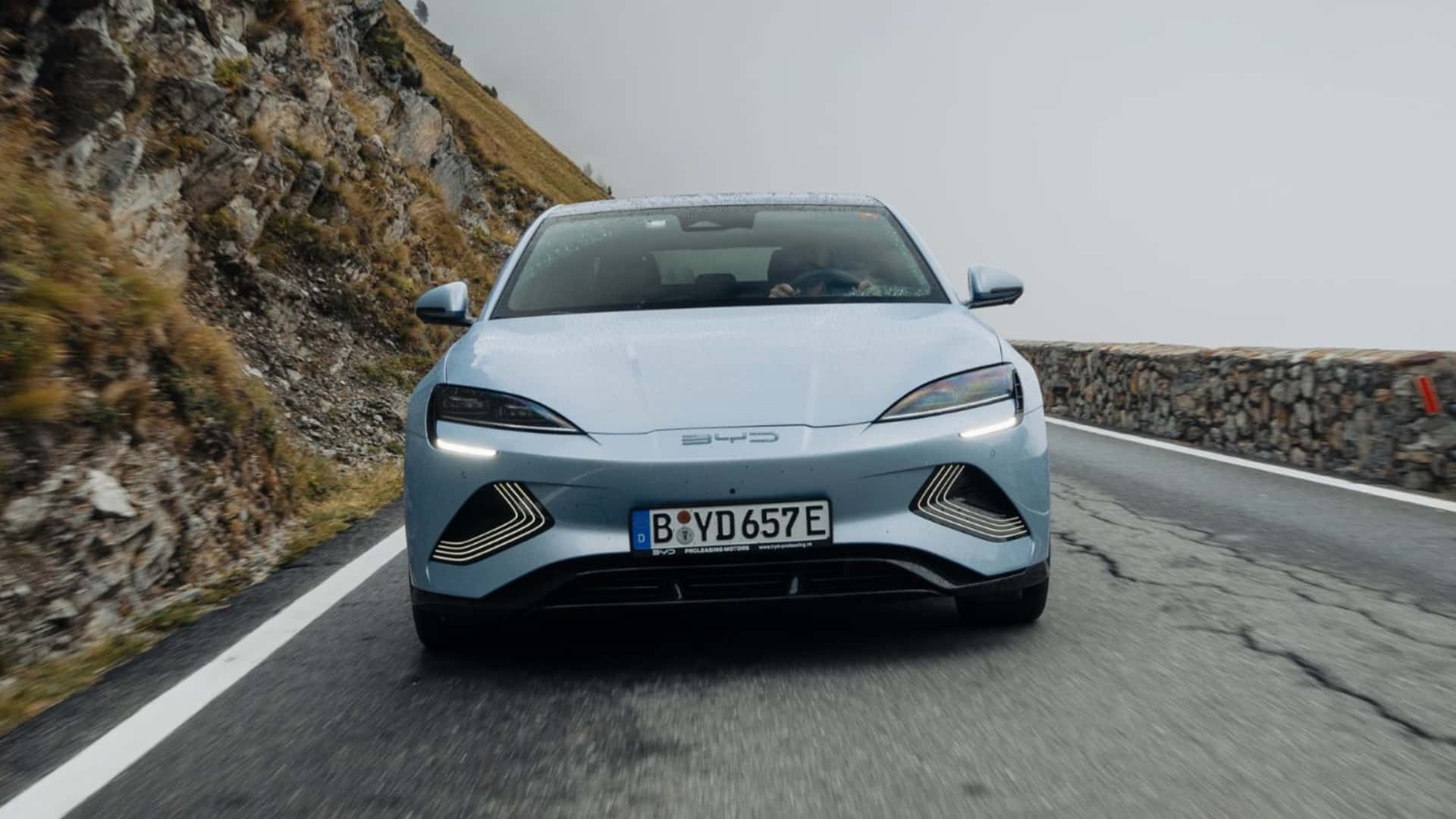
"One of the things that was made clear in the Eurocharge 2025 EV road trip that I took part in a few weeks back was just how big an impact speed has on an electric car's range. On the days that required mostly or only highway driving, which means cruising at a constant 80 mph (130 km/h) here in Europe, all eight EVs in the group lost around 40% of their range."
"The Renault 4 E-Tech, which was one of the more efficient cars of the trip, went from sipping 4.5 miles/kWh (13.8 kWh/100 km) when we drove it on slower roads (including the Stelvio and Gavia passes in Italy, so it wasn't all flat), to gulping 2.67 miles/kWh (23.3 kWh/100 km) driven mostly on flat Hungarian highways with a bit of headwind."
"Had this been a road trip exploring Germany's Autobahn network at full speed, we probably would have spent more time charging than actually driving. EVs don't do very well at high speed. Even at 80 mph, which is what most people stick to on European highways, if you get a bit of headwind and have the car loaded up with passengers and bags, you're probably looking at getting half of its WLTP range."
Highway cruising at 80 mph reduced range by about 40% for all eight electric vehicles on the route. Lower-speed national roads (around 56 mph or lower) allowed vehicles to approach WLTP range and efficiency figures. The Renault 4 E-Tech demonstrated a drop from 4.5 miles/kWh to 2.67 miles/kWh between slower roads and flat highway with headwind, translating from a theoretical 234 miles to 139 miles on a charge. High-speed driving, headwinds, passengers, and luggage markedly increase energy consumption. Widespread fast chargers along main routes eased the trip but high-speed travel would require substantially more charging stops.
Read at insideevs.com
Unable to calculate read time
Collection
[
|
...
]